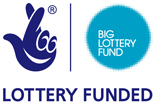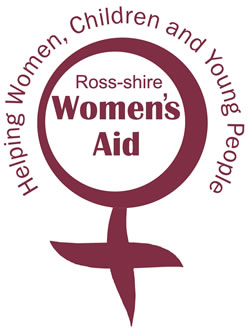Ross-shire Women’s Aid
We provide specialist support to children and young people who have experience of domestic abuse this can be provided on a one to one or group basis, in person by phone text or email.
Skye and Lochalsh – 01478 613365 or 07848023277
Ross-shire – 01349 863568
Helplines:
Childline 0800 1111
Runaway helpline 0808 800 70
Contacting a helpline means you can talk to people in confidence (or email them). They won’t tell anyone unless you’ve asked them to or unless you’re in danger. They’ll listen and help you sort out what you can do and where you might be able to get help.
Friend/Neighbour:
Sometimes it’s easiest to tell a friend. They can then help you tell an adult. Letting them know what’s going on means they can look out for you in an emergency.
Police:
They’ll probably ask you:
• to describe what’s happening and who’s in the house
• if anyone is hurt
• for your name and address
• to stay on the phone (if you can) until an officer arrives to help
Teacher:
Teachers know that some children and young people live in homes where there’s violence. Sometimes they’ll have to talk to other adults about what you’ve said. This might be a social worker or a close member of your family – but they should tell you first. You might want to tell them who you think it’s safe for them to talk to.
Social Worker:
Social workers have a responsibility to make sure that children and young people are safe from harm. The social worker may speak to other preople in your life, to help them find out what would help you the most. This might be one of your teachers – or perhaps a parent or other family member (but only if it’s safe to do this).
Doctor:
It’s OK to tell your doctor about what’s going on at home. Your doctor might suggest some people you can talk to.
She or he might also want to talk to your mum or dad about your worries – but make sure you let your doctor know which adults it’s safe to talk to.




![[ Random Image ]](/wp-content/themes/rosswa/images/random/rosswa-header-image-3.jpg)


